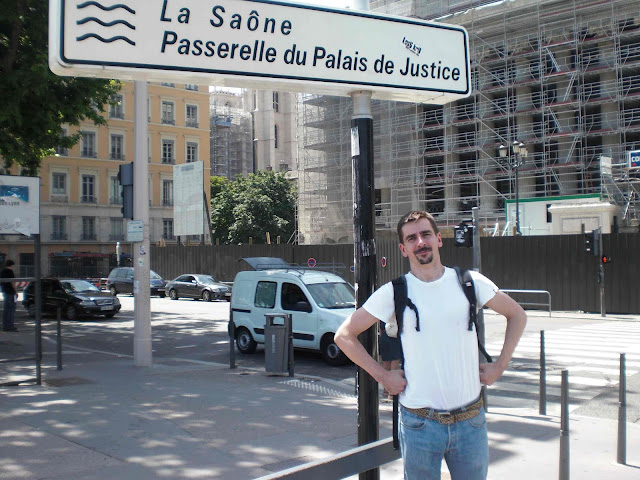Last weekend, renowned evolutionary biologist E. O. Wilson was interviewed by BBC Newsnight. In the course of the interview, he continued his public feud with Richard Dawkins. Like most feuds, this one probably can be attributed to multiple causes, but it centers primarily around Wilson’s disavowal of kin selection.
The bit of the interview that has received the most attention is where Wilson calls Dawkins a “journalist”:
There is no dispute between me and Richard Dawkins and there never has been, because he’s a journalist, and journalists are people that report what the scientists have found, and the arguments I’ve had have actually been with scientists doing research.
This is pretty Oh-Snap! in the world of science, which is full of polite trash-talk centered on establishing who is more of a real scientist. Just like how you can insult a physicist by calling them an engineer, or how you can insult an economist by emphasizing “Memorial” in “Nobel Memorial Prize in Economic Sciences”.
The thing that struck me, though, was this bit, quoted in the Guardian’s coverage:
Wilson was asked about his current views on the concept of a selfish gene, to which he replied: “I have abandoned it and I think most serious scientists working on it have abandoned it. Some defenders may be out there, but they have been relatively or almost totally silenced since our major paper came out.”
The paper Wilson is referring to is his 2010 Nature paper co-authored with Martin Nowak and Corina Tarnita. This is a paper that prompted a condemnation signed by 137 prominent population geneticists. (That’s about 130 more than the number of population geneticists who could legitimately be considered “prominent”.)
Now, it’s one thing for Wilson to continue to defend the paper. That would just make him wrong. But to claim that it silenced everyone who disagrees with him comes off as profoundly disingenuous.
Disingenuousness, by the way, is exactly what was wrong with the paper in the first place. The mathematical model it presented (mostly in the Appendix) was fine. However, the main text was filled with misrepresentations of other people’s work. The point of the paper was to show that everyone in the field was wrong, because they had neglected factors X, Y, and Z. Of course, it’s not hard to prove people wrong when you lie about the work they’ve done.
It’s basically like if you reformatted Fox News as a Nature paper.
If you’re interested, I’ve written about this paper and the controversy surrounding it on a number of occasions (here, here, here, and here), and even made a little video dramatizing some of the criticisms of the paper.
But here’s today’s question: What is Wilson thinking? Is he starting to lose it? Or is he so arrogant that he feels comfortable dismissing any criticisms of his ideas, even to the point of denying their existence? Or has he constructed a bubble for himself, where he no longer encounters critical voices?
Or is he is so hell-bent on building a legacy as The Guy Who Proved Everyone Wrong that he does not really care whether or not anything he says is actually true?
I’m honestly puzzled. Wilson is a giant in the field. He’s a smart guy who presumably knows what it means to be a scientist. And he doesn’t (or at least didn’t) have a reputation for being a horrible person — a reputation that is common among people of his stature.
The one explanation that is off the table at this point (as far as I’m concerned) is that he is a gifted scientist trying in good faith to pursue the truth, and that this is some sort of legitimate scientific disagreement.

